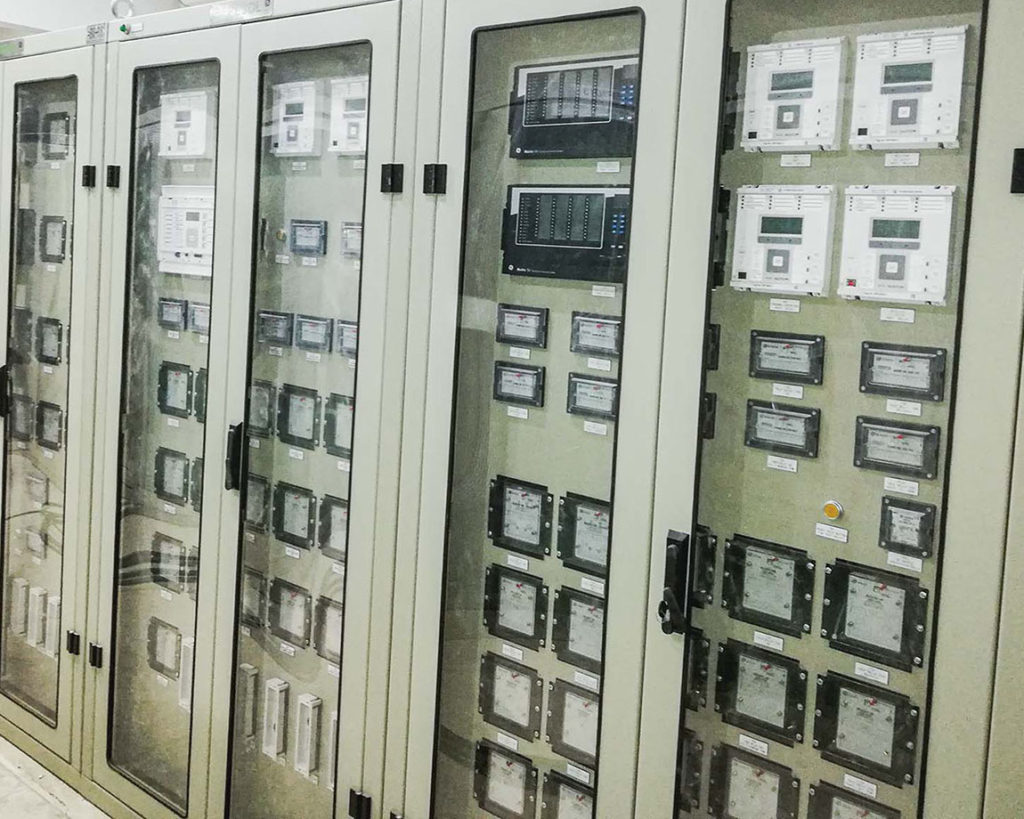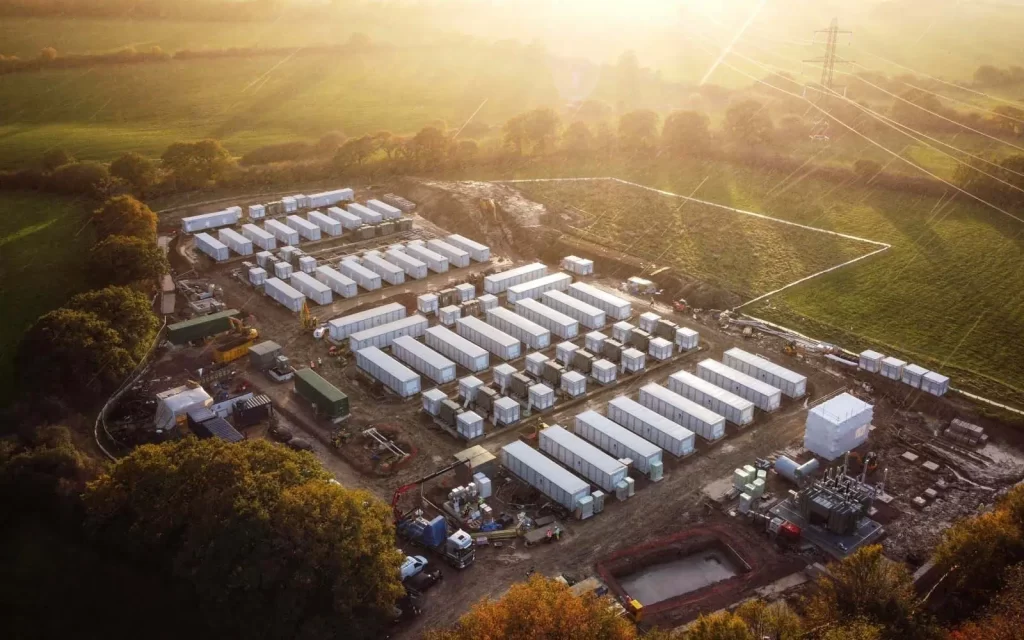Fauji Fertilizer Co. (FFC) is the largest fertilizer manufacturing conglomerate in Pakistan, with an installed capacity of approximately four million tonnes across various plants and six product categories. The group holds close to 60% market share of the local market, generating more than $550M in revenue. Plant-III of the group is located in Mirpur Mathelo, Sindh, Pakistan. The electrical power system of FFC-MM comprises the plant site, township, and water wells.
The plant site includes 2×10 MVA steam turbine-driven generators, 1×17 MVA gas turbine generator, 1×19 MVA emergency diesel generator, and eight substations feeding various loads. The township consists of four substations, and the well area includes eight transformers feeding wells. The total plant system has a 22 MW demand, with more than 160 buses, 32 transformers, over 200 major cables, 134 loads, 19 MV motors ranging from 2.3 MW to 265 kW, 110 LV motors, more than 100 relays, fuses, and ACBs/MCCBs each, 68 VCBs, and short-circuit current (Is) limiter pyro circuit breaker.
Key Issues
The plant was commissioned in 1980 and upgraded in 2009. With age, the combination of old equipment and retrofitted modern equipment created a complex electrical network that started experiencing reliability and operational issues, particularly protection miscoordination wherein the incomer of the MCC and switchgear would trip instead of the relevant branch protection, leading to production losses and financial setbacks. Given the size of the system, no haphazard solution proved successful.
Solution
After thorough plant visits, technical training sessions, and meetings, EPENAM proposed a comprehensive electrical network analysis package to address all issues faced by the site operational team. Notably, the customer had previously conducted network studies with a renowned original transient analysis software vendor but did not achieve satisfactory and workable outcomes. The customer showed immense trust and confidence in EPENAM’s team during technical discussions to undertake this monumental task. The following studies were proposed and carried out using ETAP software:
- Load flow study
- Short-circuit study
- Motor starting study
- Arc flash study
- Protection coordination study
- Protection relay settings review of generators, MV motors, and transformers
In addition, a technical feasibility study was offered for shifting an existing feeder from one busbar to another. Lastly, the adequacy of each component of the entire electrical network was presented in a separate, concise Adequacy Report.
Conclusion
The network studies ultimately led to the debottlenecking of the entire electrical power network, ensuring operational uptime and increased plant factor. As a result, the facility produced 811,000 tons of urea, which is 113% of its designed capacity, surpassing the target of 805,000 tons. EPENAM takes pride in having a role towards achieving this target.


